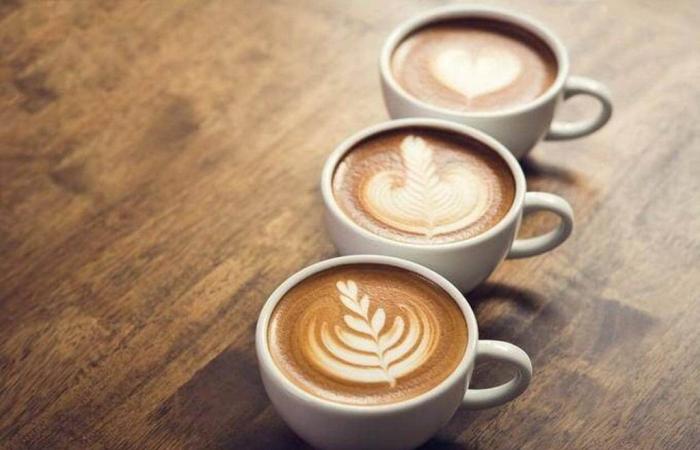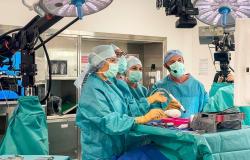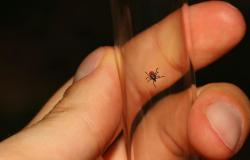
Coffee gives energy and makes you alert, but consumed in excess, this drink can have negative effects on health. So, to avoid putting yourself in danger, how many cups of coffee is it recommended to drink per day? Decryption with Dr. Arnaud Cocaul, nutritionist.
In the offices, the coffee machine is running at full speed. Coffee, whether long, with cream or milk, makes up 85% of the drinks consumed there, assured in 2022 in our columns “Mr. Allanic”, director of the company DBM, supplier of coffee machines in the Great West. At home, whether filtered, in capsules or in pods, this drink can be enjoyed in all its forms. On this subject, scientific studies follow one another and are divided. On the one hand, we praise the positive effects of this drink: drinking two to three cups of coffee per day would bring significant health benefits, points out a British study published in 2022 in the European Journal of Preventive Cardiologyrelayed by the continuous news channel BFMTV.
On the other hand, scientists warn of risks associated with excessive coffee consumption. According to an Australian study from the University of South Australia, dating from 2021, and relayed by TF1drinking six cups or more a day would increase the risk of heart disease by 22%.
Faced with this data, doubt arises: should we continue to drink it? If so, how many cups can you ingest each day without endangering your health? Explanation with Dr. Arnaud Cocaul, nutritionist, interviewed by the evening edition in 2023.
Read also: This company markets the first coffee for children, but is it really safe?
No more than three cups a day
The European Food Safety Authority (EFSA) recommends not exceeding 400 mg of caffeine per day for a healthy adult, the equivalent of three cups of coffee. A recommendation also shared by Arnaud Cocaul, who advises his patients to respect these doses. Beyond this, cardiac risks may arise. “Six espressos can have an effect on tachycardia [trouble du rythme cardiaque entraînant une accélération du pouls au repos, N.D.L.R.] », the doctor assures us.
Below this consumption, the specialist is less certain of the effect of coffee on the heart. “It is especially the consumption of alcoholic and energy drinks at the same time that will increase the risk of tachycardia”, warns the doctor. But below 200 mg of coffee, the consumption of energy drinks as a supplement does not have a negative effect on caffeine, the EFSA website qualifies.
Read also: What are the best times of day to drink coffee?
What effects on sleep?
Regarding the effects on sleep, against all expectations, having a coffee just before going to bed does not prevent you from falling asleep, provided that you do not “leave it lying around”. The doctor explains: “If you go to bed a maximum of 30 minutes after having a coffee, you will not have any additional difficulty falling asleep. On the other hand, if you go to bed several hours after drinking a cup, the stimulating effects of coffee will have had time to diffuse into your body. »
Production of serotonin, dopamine, feeling of well-being and boosted mood… the drink causes several beneficial sensations in the body. “The antioxidant substances it contains can also help some people fight migraines,” Arnaud Cocaul explains to us. And to benefit from it, you don’t need to consume a lot of coffee. “The effects are felt from the first cup”, he assures us.
Read also: Is drinking coffee before exercising really good for your health?
The specialist, however, has reservations. Each person may react differently depending on their metabolism. In the case of pregnant women, it is not recommended to go so far as to consume three cups of coffee per day. The EFSA advises instead to limit yourself to 200 mg of caffeine per day, which corresponds to around one and a half cups. Note that a 60 ml espresso contains almost as much caffeine (80 mg) as a 200 ml filter coffee and its 90 mg of caffeine.





